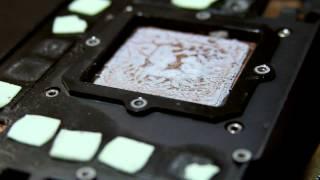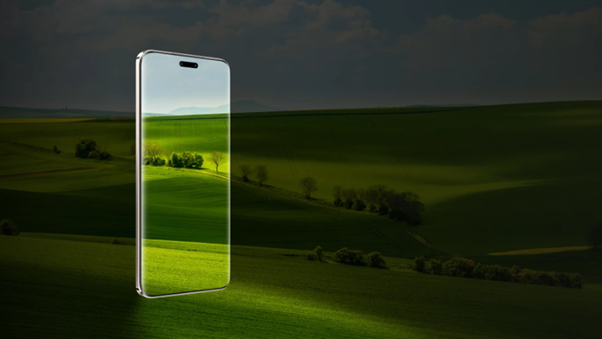www.makeuseof.com GPU Overheating: Causes, Symptoms & How to Cool It Down
Are you concerned about more heat coming from your graphics processing unit than usual? If so, you're right to be worried. An overheating GPU can damage not only its cores but also harm other components of your computer.
A GPU is one of the most expensive pieces of computer equipment, so no one wants their expensive piece of equipment to get damaged by overheating. Monitoring the GPU's temperature is therefore imperative.
Let's explore how you can identify when your GPU overheats, its causes and symptoms, and finally, what you can do to cool it down.
How Hot Is Too Hot for Your GPU?
GPUs are designed to handle high temperatures as they constantly operate under heavy loads that generate more heat. How high a temperature your GPU can tolerate depends on the manufacturer, quantity of thermal paste, airflow, and how old your GPU is.
In general, temperatures below 60°C are entirely safe for your GPU, while temperatures between 60°C and 90°C aren't damaging, but you should consider more cooling at the higher end of the scale. At temperatures above 100°C, there is a high risk of hardware damage.
If your GPU is too old, the thermal paste has dried out, and there is no sufficient airflow, then it may not be safe to expose the GPU to temperatures over 80°C.
MAKEUSEOF VIDEO OF THE DAYRelated: What Is a Good GPU Temperature for Gaming?
Causes of GPU Overheating
The following are the leading causes of GPU overheating:

Symptoms of Overheated GPU
High fan noise, screen artifacts, and encountering graphics-related errors are some signs that tell you your graphics card is heating up too much, but the same symptoms may also appear if your GPU hardware is faulty or if your graphics card is outdated.
As a result, you should check the GPU temperature via dedicated software to confirm whether it is overheating that is causing these signs. Open Hardware Monitor, MSI Afterburner, and HWMonitor are a few common tools for monitoring GPU temperatures.
Related: How to Check Your GPU Temperature
The following are some symptoms of an overheated GPU:
Other possible reasons for GPU overheating include blue screens, PC errors, and sudden shut-downs under high loads.
Different Ways to Cool Down Your GPU
If it's GPU overheating that's causing the trouble, you can cool it by following the steps below.
The different methods listed above improve the heat flow out of your overheated GPU. However, if they are not as effective as you expect, consider adding more fans to your computer case. By adding more fans, you can improve airflow out of your system, which in turn lowers GPU temperature.
Furthermore, if your budget allows it, consider installing a water cooling system for your graphics processing unit. If you combine air cooling with water cooling, your GPU temperature will drop significantly.
Do Outdated Graphics Drivers Cause GPU Overheating?
Outdated graphics drivers limit your hardware's performance by preventing it from operating optimally. This can cause your GPU to overload even when you're not overstressing it. Hence, updating your graphics driver helps your GPU run optimally, decreasing the amount of heat it produces.
Related: How to Cleanly Install and Reinstall GPU Drivers on Windows
Cool Your Overheated GPU
A GPU running at extreme temperature for an extended time can damage other parts of your computer. Thus, keeping an eye on your GPU temperature and keeping it cool will help your hardware last longer.
To find out the maximum temperature your GPU can withstand, visit the manufacturer's website. Keep it a bit below the maximum value.
Last but not least, it isn't unusual to see GPUs getting hotter as time passes. Continual loads also wear out hardware over time. Therefore, you should know the signs when it's time to replace the entire GPU.
5 Signs It's Time to Upgrade Your Graphics Card Read NextShareTweetShareEmail Related TopicsAbout The AuthorShan Abdul(164 Articles Published)Shan Abdul is an engineering graduate. After completing his graduation and MS, he has started his career as a freelance writer. He writes about using different tools and software to help people to be more productive as a student or professional. In his spare time, he loves to watch Youtube videos on productivity.
MoreFrom Shan AbdulJoin our newsletter for tech tips, reviews, free ebooks, and exclusive deals!








